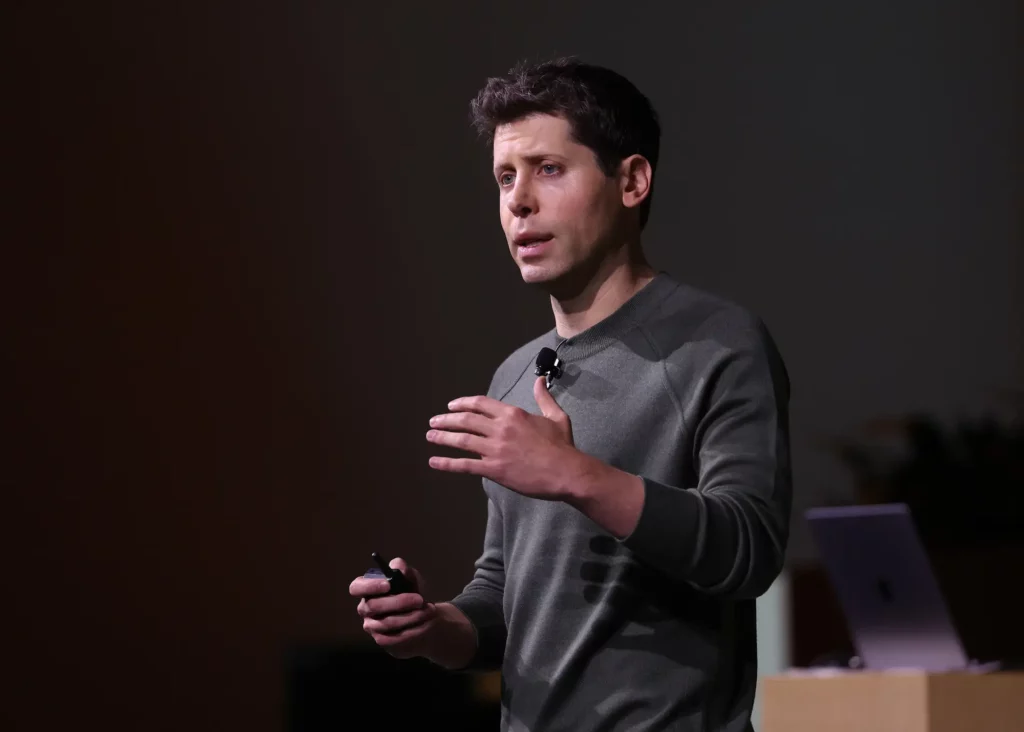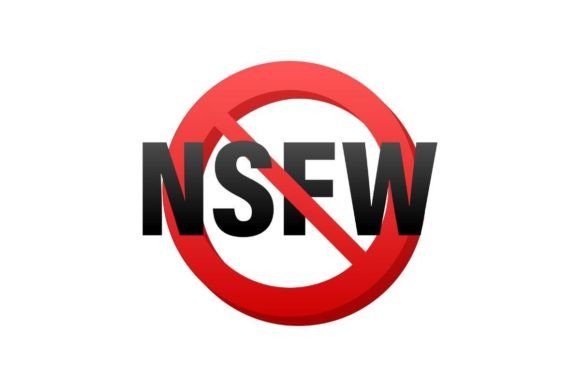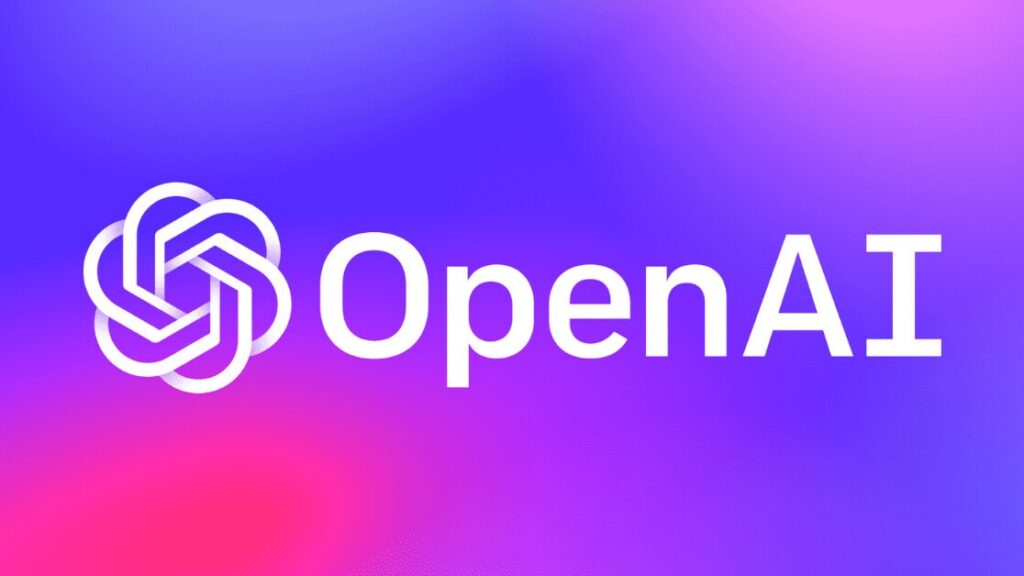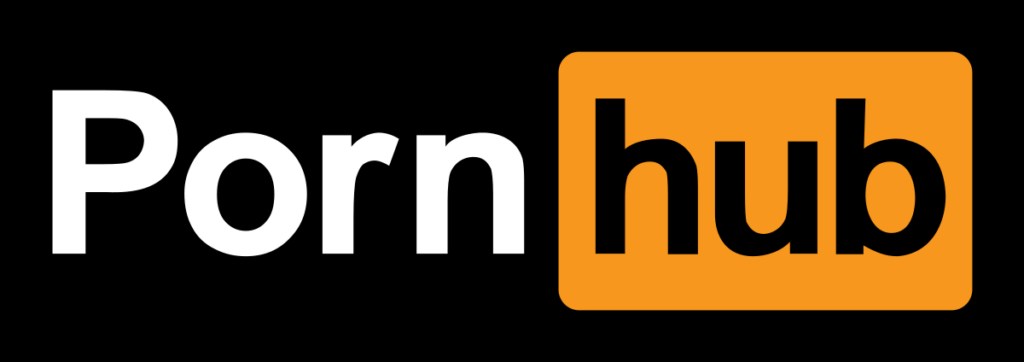A recent public document released by OpenAI has garnered significant media attention because it explicitly states that they are considering allowing users to generate AI porn content using OpenAI‘s products.

Leading AI companies are reducing the strictness of NSFW filters. In the field of generative AI, top companies like OpenAI, Google, and Meta have previously imposed strict restrictions on AI porn content, hardly allowing users to generate any explicit content. In addition to illegal content such as violence, gore, terrorism, and discriminatory topics, they have also prevented users from generating AI porn content. However, it appears that these companies, especially OpenAI and Meta, have gradually taken measures to allow users to generate ethically sound adult content. We have already discussed this topic in previous articles, please refer to “llama3 is not very censored” and “OpenAI considers allowing users to generate NSFW AI content“. However, Google and a well-known startup called Character AI have not yet shown any signs of relaxing their scrutiny of NSFW AI content. Nevertheless, I believe that as more companies open up AI porn, more companies will follow suit.

Will OpenAI remove the NSFW AI review from all its products?

OpenAI not only owns the most well-known ChatGPT based on LLM technology but has recently launched AI video generator Sora and multimodal model Gpt-4o. So, will OpenAI officially relax the NSFW AI capabilities across all its products? In the following content, I will analyze this from various perspectives such as legality, ethics, and accessibility. This analysis is purely my personal speculation and does not represent the official stance of NsfwGPT.ai.
Legal and Ethical Controversies of AI Porn
Let’s put AI porn aside for now and focus on adult content. On the internet, we can find numerous adult websites that offer various forms of explicit content. Websites like the world’s largest adult video site, Pornhub, receive high traffic.

There are many such websites. However, it is clear that we cannot ban adult content because people can use it to satisfy their sexual needs and potentially reduce the occurrence of criminal behavior. As long as engaging in the adult industry and accessing adult content is legal and consensual, it complies with laws and ethics.
Similarly, AI-generated adult content should not face strict bans, as it does not exploit anyone.
The Social Significance of NSFW AI
AI porn generators can help many individuals and industries solve practical problems. For artistic creators, they can gain inspiration for their work through NSFW art generators, NSFW AI storytellers, or NSFW AI chatbots. On the other hand, NSFW AI can partially replace the provision of adult services by real individuals, thereby reducing the exploitation of individuals who are involuntarily engaged in the adult industry. For singles, AI porn can help them release sexual tension anytime and anywhere, potentially reducing the crime rate. In summary, NSFW AI, as long as it remains within safe boundaries, can have positive social implications.
NSFW AI will enhance accessibility
A few days ago, OpenAI introduced a new multimodal AI model, GPT-4o, which includes a crucial feature that helps visually impaired individuals identify and interpret their surroundings. It can serve as “the eyes” for visually impaired individuals.
This means that not only can ordinary people access adult websites, but visually impaired individuals also have the opportunity to access adult content, effectively increasing the democratization and accessibility of AI technology.
Furthermore, opening up NSFW AI capabilities can assist visually impaired creators in producing novels and artworks that contain explicit content.
Will OpenAI’s opening of NSFW AI capabilities impact other AI products?
OpenAI’s main goal is to provide infrastructure services to developers by enhancing technological capabilities. We can see that the consumer application sector is not OpenAI’s primary focus, and with AI technology, developers can create thousands of products that OpenAI cannot possibly create. Therefore, opportunities in the consumer product sector still belong to developers and startups. However, it is important to note that developers and startups need to conduct in-depth research and development to differentiate their products significantly from the general-purpose products launched by OpenAI, such as ChatGPT and Gpt-Store, in order to achieve success.